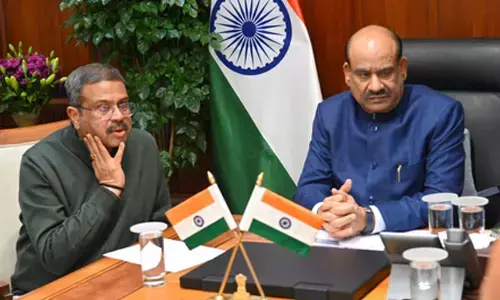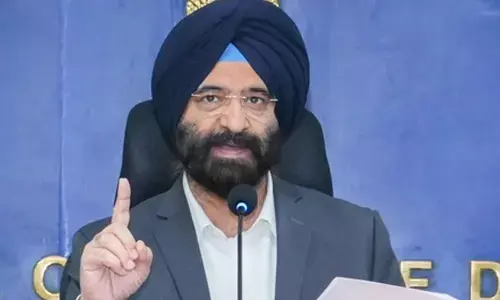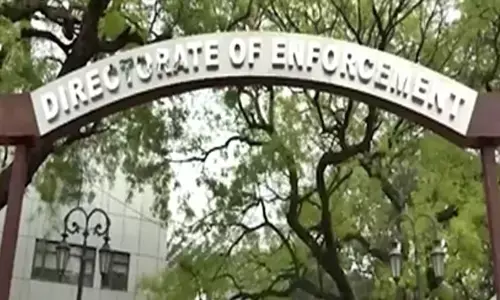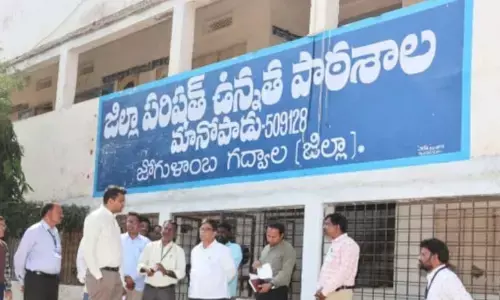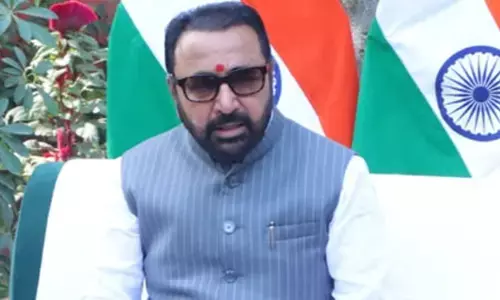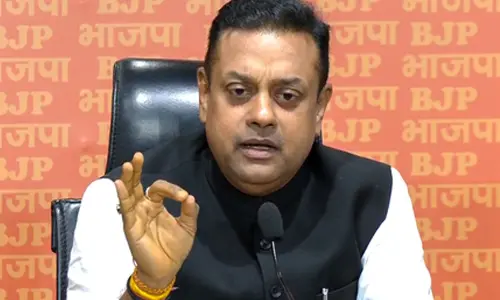Airbus shares successful automatic take-off of test planes
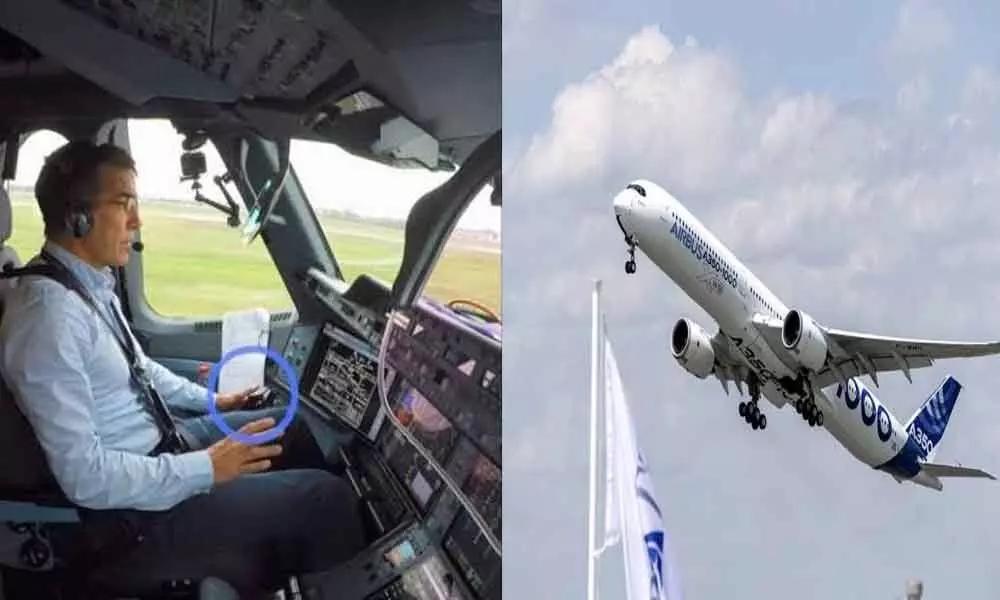
Airbus has taken a commercial jet flight without a pilot one step closer after revealing that one of its test planes took off automatically.
Airbus seems to have taken a commercial jet flight without a pilot one step closer after revealing that one of its test planes took off automatically.
The European aircraft manufacturer said that in tests conducted at Toulouse-Blagnac airport on December 18, an A350-1000 with two pilots sitting ready to take over made eight take-offs on an autopilot.
A photograph accompanied the press release that showed a pilot sitting with one hand at rest while the plane pitched up.
"We moved the throttle levers to the take-off setting, and we monitored the aircraft. It started to move and accelerate automatically maintaining the runway centre line, at the exact rotation speed as entered in the system. The nose of the aircraft began to lift up automatically to take the expected take-off pitch value, and a few seconds later, we were airborne," said Airbus Test Pilot Captain Yann Beaufils.
Airbus said in its press release on Thursday, the technology behind takeoff is not the same from the Instrument Landing System (ILS) currently used worldwide. Instead, the company said automatic take-off was possible thanks to image recognition technology installed directly on the plane.
The company says the next step is automatic vision-based landing and taxi sequences taking place by mid-2020.
March to automation
Airbus says that for its Autonomous Taxi autopilot takeoff is an important milestone, Take-Off & Landing (ATTOL) project — one of numerous that Airbus is conducting on aviation autonomy.
In late 2018 and early last year, two crashes involving the Boeing 737 Max have raised questions about automation in flight though it looks like Airbus is determined to take it to the next level.
Pilot shortages and airline operators which are ardent to reduce costs have led to planemakers investigating higher levels of automation.
Swiss bank UBS has assessed that a pilot is typically in full control of a jet plane for an average of just 7 minutes on each flight. It has also said that single-pilot commercial and cargo planes could take to the skies within the next five years.
The bank estimated transition to one operating pilot would be at least $15 billion in annual pilot, training, fuel and insurance costs. One 2017 survey by UBS found that 63% of people oppose flying in a pilotless aircraft.









